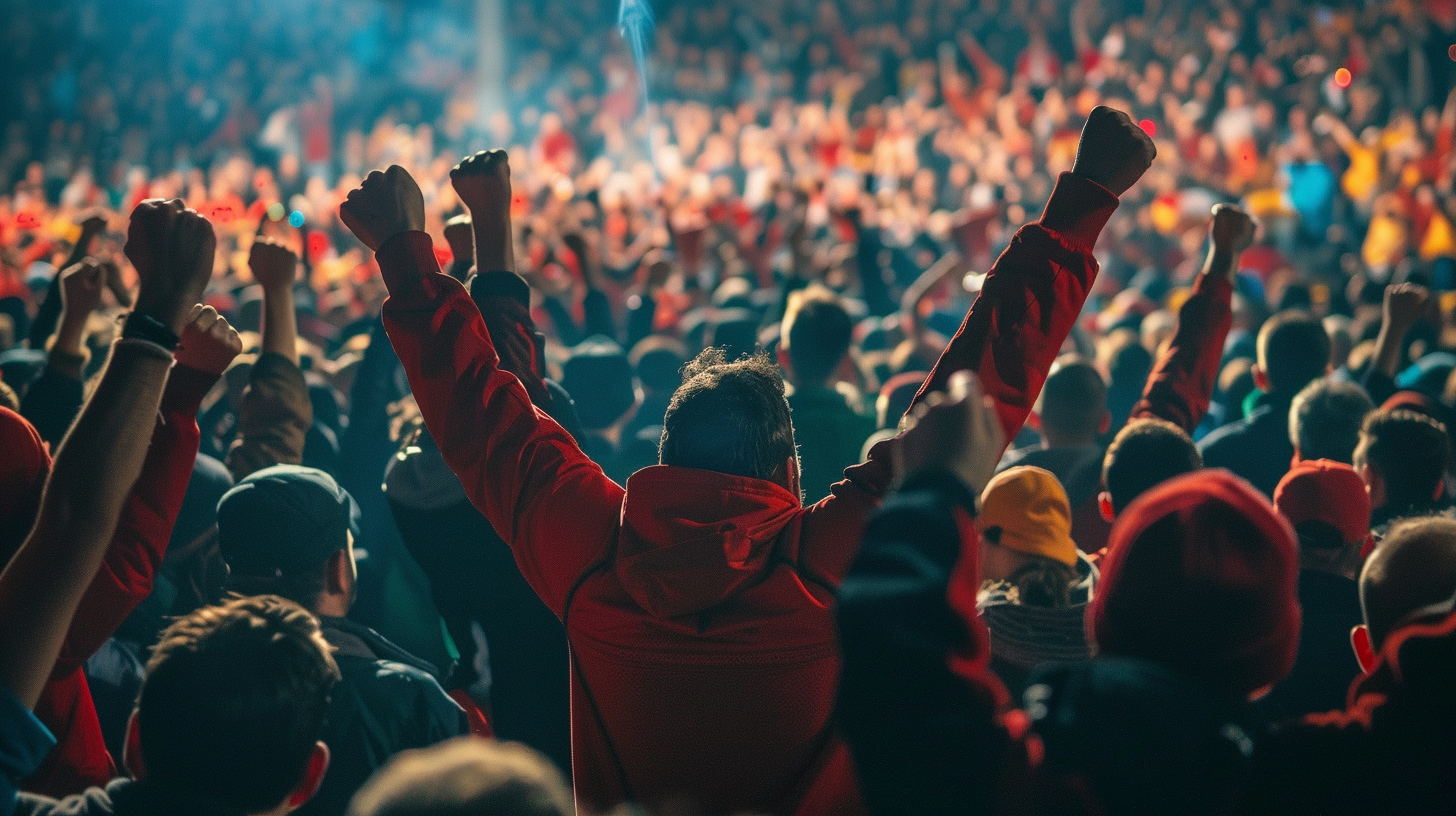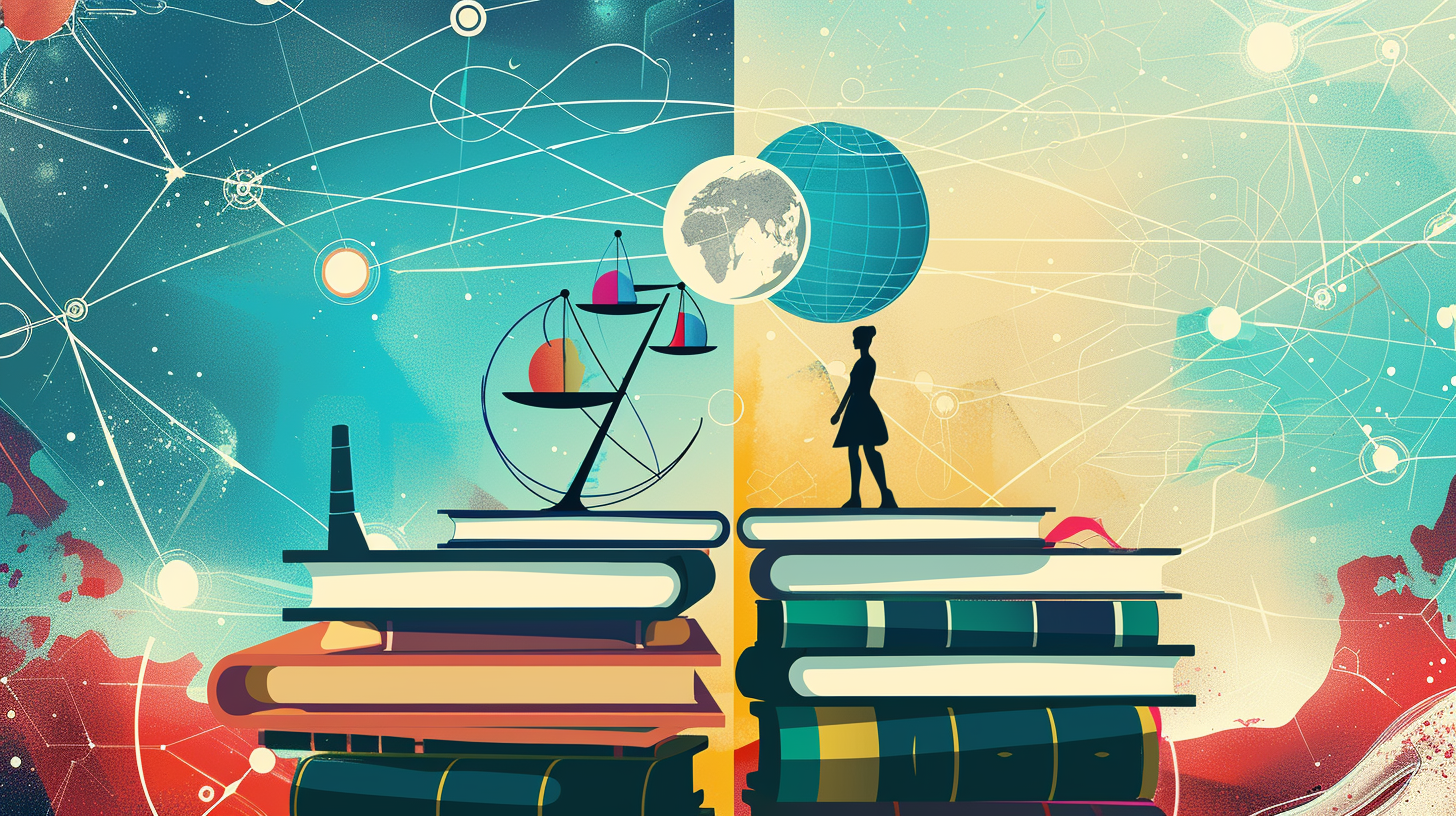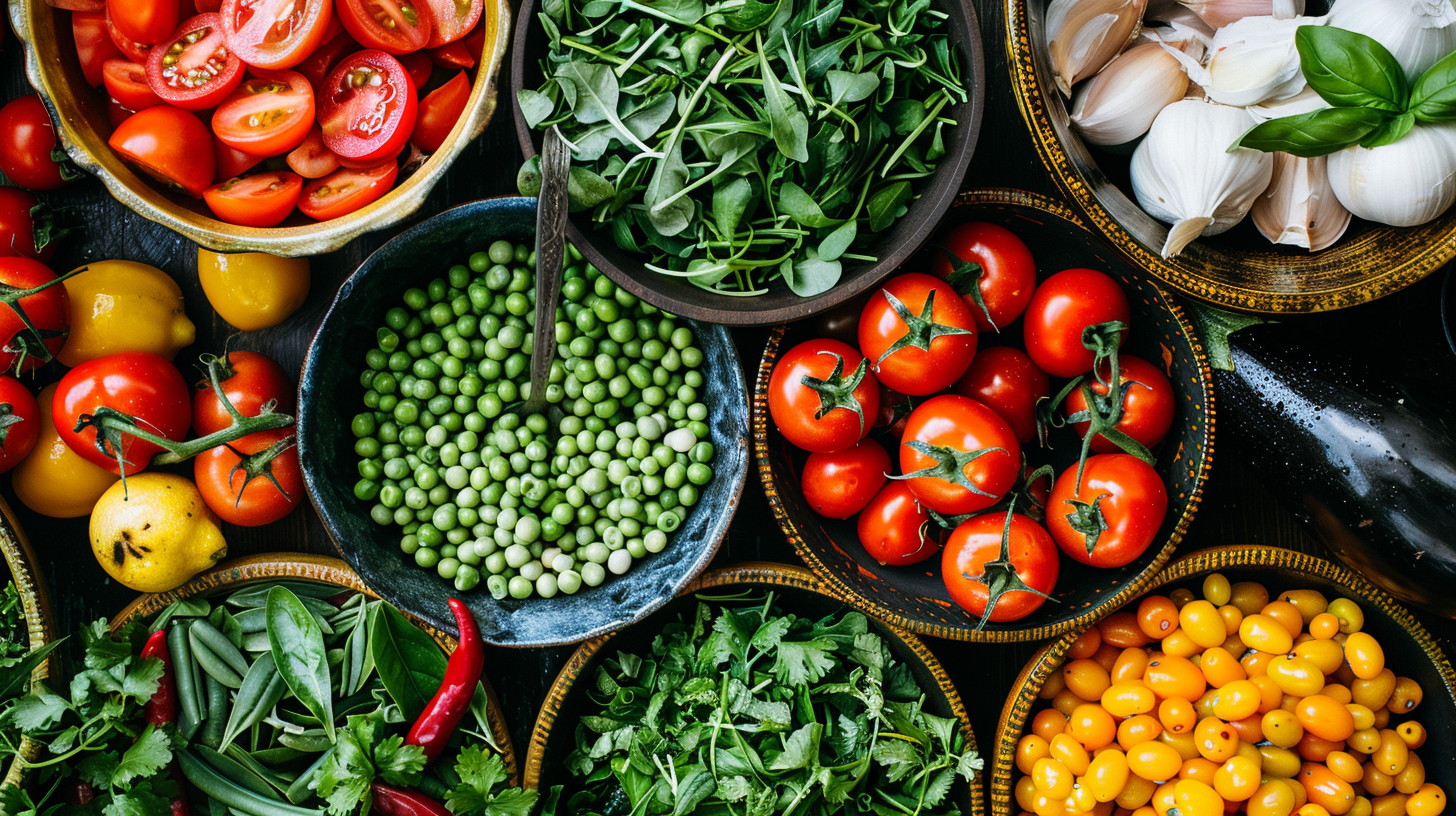Table of Contents Show
It’s funny how we often find ourselves, almost by coincidence, deeply attached to our favorite sports teams, isn’t it? We’re drawn into the highs and lows, riding the emotional rollercoaster alongside players we’ve never met, yet consider part of our extended family. This connection goes beyond mere entertainment; it taps into our very identity and sense of belonging. But why do we invest so much of our time and emotions into these teams? The answer lies in the intricate psychology of fandom, a fascinating journey that reveals much about who we are and the communities we choose to be part of. Unpacking this mystery can illuminate the powerful forces at play in shaping our loyalties and connections.
Key Takeaways
- Fandom fosters a deep sense of community and identity through shared passions and experiences.
- Emotional investments in teams strengthen bonds, making victories and losses deeply personal.
- Generational connections and evolving engagement methods enrich the traditions and future of fandom.
- Technological advancements offer new ways to experience fandom, enhancing but not replacing the communal spirit.
The Concept of Fandom
At its core, fandom unites us in a shared passion for our favorite teams, creating a sense of belonging and community. It’s about more than just watching games or wearing team colors; it’s a deep-seated part of our identity that brings us together with like-minded individuals. We’re not just fans; we’re part of a larger family, bound by unwavering loyalty and love for our team.
This connection we share goes beyond the superficial. It taps into our very need for connection and belonging. We’re social beings, after all, and finding a community that shares our interests and passions gives us a sense of security and acceptance. It’s liberating to know we’re not alone in our fervor. In a world where we’re often divided by our differences, fandom offers us a sanctuary where we can freely express ourselves and celebrate our commonalities.
Additionally, being part of a fandom allows us to experience a rollercoaster of emotions in a safe environment. The highs of victory and the lows of defeat are felt collectively, making the joy sweeter and the disappointments more bearable. It’s a shared journey that we participate in season after season, with hope and anticipation fueling our spirits.
Essentially, fandom is a proof of our desire for freedom – freedom to choose whom we support, freedom to express our loyalty, and the freedom to belong. It’s a powerful force that reminds us that, despite our differences, we can find unity and joy in the teams we love.
Historical Roots of Team Loyalty
Understanding why we’re drawn to certain teams isn’t complete without exploring their historical roots and our longstanding traditions of loyalty. These roots run deep, intertwining with our sense of identity and community. It’s not just about the game; it’s about belonging to something greater, a legacy that has been passed down through generations.
This connection is often rooted in regional pride. Our teams become symbols of our hometowns, embodying local culture, values, and history. They stand as monuments to our collective achievements and struggles, drawing us closer together.
| Factor | Impact on Loyalty |
|---|---|
| Regional Pride | Strengthens bonds |
| Generational Ties | Fosters tradition |
| Shared Experiences | Builds community |
| Historical Success | Inspires allegiance |
These elements aren’t just abstract concepts; they’re lived experiences. Attending games with family, celebrating victories, and even enduring losses together forge unbreakable bonds. Our loyalty is more than fandom; it’s a proof of shared history and hope for future triumphs.
We’re not just cheering for players or colors; we’re rooting for what they represent—our people, our struggles, our victories. It’s this deep-seated connection that makes our hearts race during the game and fills us with pride, win or lose.
Our commitment to our teams is a confirmation of our freedom to choose, to belong, to celebrate our history and identity. It’s a powerful expression of who we are, tied up in the love of the game and the community it fosters.
Psychological Benefits of Being a Fan
We’ve explored the historical roots of team loyalty, and now we’re turning our attention to the psychological benefits of being a fan. It’s fascinating how our love for teams can foster enhanced social connections and provide a robust emotional support system. Let’s examine how these aspects positively impact our mental well-being and sense of community.
Enhanced Social Connections
Being a fan strengthens our social bonds, as it connects us with others who share our passion. It’s not just about watching games or discussing the latest plays; it’s about building a community where we all belong. This sense of belonging gives us a unique freedom, allowing us to express ourselves and our loyalty in ways we might not elsewhere. We’re not just spectators; we’re part of a larger narrative, a collective that celebrates together in victory and commiserates in defeat. Through this, we forge friendships that go beyond the surface, rooted in shared experiences and emotions. It’s the camaraderie, the gatherings, and the shared rituals that deepen our connections, making being a fan a powerful extension of our social lives.
Emotional Support System
Beyond the social fabric that fandom weaves, it also acts as a dynamic emotional support system for fans. When we’re riding the highs of a win or maneuvering the lows of a loss, there’s a shared understanding and empathy among us that’s incredibly comforting. We’re never alone in our feelings; there’s always someone else who gets why we’re elated or why we’re down. This connection does more than just make us feel understood; it provides a sense of belonging that can be hard to find elsewhere. It’s this emotional camaraderie that keeps us coming back, season after season. Despite the ups and downs, being part of a fandom gives us a unique emotional resilience, making the rollercoaster of sports something we cherish, together.
Identity and Self-Expression
Our love for sports teams often reflects our desire for identity and a unique form of self-expression. When we choose a team to support, it’s not just about the sport; it’s about declaring who we are to the world. We’re saying, ‘This is me, these are my values, and this is where I belong.’ It’s a powerful statement of individuality, yet it’s made within the domain of something much bigger than ourselves.
By donning our team’s colors, we’re not just showing our allegiance; we’re crafting an identity that’s both personal and shared. It’s a way to stand out and fit in simultaneously. We’re part of a larger narrative, heroes and villains, triumphs and defeats, all adding layers to our personal story. This shared mythology becomes a key part of our identity, shaping how we see ourselves and how others see us.
This connection goes beyond the superficial. It taps into our deepest desires for recognition and belonging. We want to be seen, understood, and appreciated, and our fandom offers a pathway to that. It’s a form of self-expression that allows us to communicate our personalities, our struggles, and our victories. Through the highs and the lows, our team’s journey mirrors our own, providing a canvas on which we paint our individual and collective dreams.
In this act of choosing, following, and supporting, we’re not just fans; we’re storytellers of our own lives, using the language of sports to articulate our identities. It’s a celebration of freedom, a declaration of who we are, and a sign of the power of sports to shape our sense of self.
The Role of Community
At the heart of every fan’s experience lies the vibrant community that surrounds their beloved team. It’s here, in these gatherings of shared passion, where we find something larger than ourselves. We’re not just fans; we’re part of a family united by love for our team. This sense of belonging gives us freedom. Freedom to express our joy, our hopes, and sometimes even our sorrows. It’s liberating, knowing there’s a place where we’re understood without having to explain ourselves.
The community’s role extends beyond just match days. We’re thus, in constant connection through social media, forums, and fan events. We celebrate wins together, analyze losses, and speculate on future games. It’s a continuous cycle of engagement that keeps our spirits high and our bond strong. We’re not isolated; we’re interconnected, drawing strength from each other’s enthusiasm and support.
This network of fans also creates opportunities for us to break away from the monotony of daily life. We’re adventurers at heart, seeking excitement in the victories and narratives of our team. The community acts as a gateway to these adventures, offering us an escape, a chance to live vicariously through the triumphs and trials of our team.
Thus, the community around our team is our ticket to freedom. It allows us to be part of something bigger, to share in the highs and lows, and to express our passions freely. We’re not just fans; we’re members of a community that lifts us, inspires us, and gives us a sense of belonging.
Tribalism in Modern Sports
Tribalism in modern sports fuels a deep-seated drive in fans to rally behind their teams with unparalleled fervor. It’s the glue that binds us, creating communities out of strangers and painting cities in team colors. This isn’t just about watching games; it’s about belonging to something larger than ourselves, where the thrill of victory and the agony of defeat are shared collectively. We wear our team’s jerseys, chant their anthems, and bask in the glory of their achievements as if they were our own. It’s a powerful, unifying force that transcends the game itself, making us feel free and connected in a world that often emphasizes division.
To make it more relatable, let’s look at the following table that encapsulates the essence of tribalism in sports:
| Aspect | Description | Impact on Fans |
|---|---|---|
| Identity | Adopting team identity as our own | Strengthens solidarity |
| Rivalries | Intense competition with other teams | Enhances engagement |
| Tradition | Cherished rituals and celebrations | Deepens connection |
| Unity | Common goal of supporting the team | Fosters camaraderie |
| Pride | Pride in team’s achievements | Boosts self-esteem |
We thrive on the camaraderie, the rituals, and the collective pride that comes with being part of a sports tribe. It liberates us, allowing us to express ourselves in ways that everyday life seldom permits. In the end, it’s not just the love for the game that drives us, but the sense of belonging and freedom that tribalism in modern sports provides.
Emotional Investments
Building on the notion of tribalism, we now turn our focus to the emotional investments that deepen our connection with our favorite sports teams. It’s not just about wearing their colors or chanting their names; it’s about the heart and soul we pour into every game, every season. Our teams become extensions of our own identities, reflecting our hopes, dreams, and sometimes even our deepest fears.
We invest emotionally in our teams for several reasons:
- Shared Joy and Pain: Celebrating victories together binds us, while shared agony in defeat deepens our communal bonds.
- Personal Identity: Our favorite team’s successes and struggles become part of our own story, shaping how we see ourselves and are seen by others.
- Escape from Daily Life: Following our team offers us a break from our routines, a chance to lose ourselves in the passion and excitement of the game.
- Sense of Belonging: Being part of a fan community gives us a place where we’re understood, accepted, and united in a common cause.
This emotional investment isn’t just about what happens on the field; it’s about the freedom to express ourselves, to belong, to hope, and to dream. It’s what makes sports more than just games and teams more than just collections of athletes. It’s why we live and breathe with every play, feeling every high and every low as if they were our own. And in this shared emotional journey, we find not just entertainment, but a deeper sense of freedom and connection.
The Impact of Victories and Losses
We’ve all felt the highs of victory and the lows of defeat alongside our favorite teams. This emotional rollercoaster not only shapes our experience as fans but also tests our loyalty through every season’s ups and downs. Let’s explore how these moments impact our connection with the teams we love.
Emotional Rollercoaster Effects
Our emotions often ride a high-speed rollercoaster, soaring with victories and plummeting with losses, as we navigate the world of sports fandom. This tumultuous journey taps into our deepest desires for freedom, allowing us to experience the peaks and valleys of life vicariously through our teams. It’s a proof of our unyielding spirit, showcasing our capacity to feel deeply and live passionately.
- The thrill of a last-second win that sends shivers down our spine.
- The agony of a narrow defeat, leaving a lump in our throat.
- The camaraderie felt in celebrating a championship, bonding us together.
- The silent reflection after a season-ending loss, pondering what could have been.
We’re in it for the raw emotions, the highs and lows that remind us we’re alive.
Loyalty Through Ups and Downs
Victories and losses forge an unbreakable bond between fans and their teams, deepening our loyalty through every triumph and setback. We ride the highs, feeling invincible as our team clinches another win. In those moments, our spirits soar, united in the thrill of victory. Yet, it’s the lows that truly test us. Facing defeat, we don’t turn our backs. Instead, we stand firmer, our commitment unwavering. It’s a validation of our freedom to choose, to stick with our team regardless of the outcome. This cycle of wins and losses isn’t just about the game; it’s a reflection of life’s own ebb and flow. Embracing both, we find a resilience within ourselves, a loyalty that’s not just about the good times but about all times.
Social Connectivity Through Teams
Supporting a sports team unites individuals, fostering a sense of belonging and community. This shared passion for a team creates an instant connection among strangers, offering a common ground on which friendships and social bonds are built. We’re not just fans; we’re part of a larger family, a collective that celebrates victories and endures defeats together. This sense of unity transcends the game itself, embedding into our social fabric and providing a unique form of connectivity that’s hard to find elsewhere.
In this whirlwind of life, where freedom and personal choice are highly valued, being part of a sports fandom offers an escape, a space where we’re free to express ourselves, our hopes, and our frustrations. It’s a world where our choices in allegiance speak to our identity and our values, connecting us with others who share those same passions.
- We feel the electric charge of shared excitement during a game-winning goal, a moment of pure, unadulterated joy.
- We experience the warm embrace of fellow fans after a tough loss, reminding us that we’re not alone in our disappointment.
- We find solace in the routines and rituals of game day, a comforting confirmation in the chaos of daily life.
- We relish the spirited debates and discussions that only true fans can engage in, a validation of our dedication and love for the team.
Through these connections, we’re reminded of the power of togetherness, of the freedom that comes from being part of something greater. In supporting our teams, we find a sense of identity, community, and above all, a profound connection to the human experience.
Fandom Across Generations
Many families pass down their love for a particular sports team through generations, creating a deep, multigenerational bond that transcends mere fandom. This tradition isn’t just about wearing the team’s colors or attending games—it’s a rite of passage that cements our identity and connects us to our past, present, and future. We’re not just fans; we’re custodians of a legacy that we’re enthusiastic to pass on. It’s a way to remember where we’ve come from and envision where we’re going, all through the universal language of sports.
This table captures the essence of fandom across generations, highlighting key aspects of this unique bond:
| Generation | Connection Method | Key Characteristics |
|---|---|---|
| Grandparents | Memorabilia & Stories | Deep-rooted loyalty |
| Parents | Live Games & Traditions | Bridge between past and future |
| Children | Social Media & Modern Culture | New energy and perspectives |
| Teens | E-sports & Online Communities | Expanding the definition of fandom |
| Future Generations | Virtual Reality & AI Experiences | Potential for immersive engagement |
We relish the freedom this gives us—the freedom to choose how we express our fandom, to innovate within it, and to share it in a way that’s meaningful to us. It’s not just about the thrill of victory or the agony of defeat; it’s about being part of something bigger than ourselves, a shared journey that spans generations. We’re not just passing down a love for a team; we’re nurturing a sense of belonging and community that will endure long into the future.
The Dark Side of Fandom
As we celebrate our shared passions, it’s essential we also acknowledge the darker aspects of fandom. Toxic behaviors can tarnish the joy, leading to negative impacts on our mental health. It’s important we address these issues to foster a healthier, more inclusive community.
Toxic Behaviors in Fandoms
While fandoms can foster a sense of community and belonging, they also have a darker side, marked by various toxic behaviors. It’s essential we’re honest about these issues, not just for our own freedom but for the health of our communities.
- Cyberbullying: It’s disheartening to see fans attack each other online over differences in opinion.
- Gatekeeping: The idea that some fans are ‘more valid’ than others creates unnecessary divisions.
- Harassment of creators and actors: We must remember that behind every character and story, there are real people.
- Unrealistic expectations: Placing our teams, actors, or creators on a pedestal can lead to disillusionment.
These behaviors not only tarnish the joy of fandom but also undermine the very essence of freedom and equality that should define these communities.
Impact on Mental Health
Unfortunately, the dark side of fandom often impacts our mental health, leading to stress, anxiety, and even depression. As passionate supporters, we’re sometimes so intertwined with our teams’ fortunes that their losses feel like our own personal failures. This emotional rollercoaster can take a toll, making us feel like we’re losing control over our own happiness. It’s vital we recognize when our love for the game starts dictating our mood and daily life, pushing us into a corner where joy is dependent on something we can’t control. We must find a balance, ensuring our fandom enriches our lives without becoming a source of distress. Let’s cherish our teams, but not let their ups and downs dictate our well-being.
Coping With Defeat
We often find it challenging to handle the disappointment that comes with our favorite team’s defeat. The raw emotions, the sinking heart—it’s all part of being deeply invested in the game. But it’s in these moments of defeat that our love for the team is truly tested. We’re compelled to look beyond the scoreboard, seeking ways to cope that resonate with our spirit of freedom.
Here are a few strategies we embrace to navigate through the tough times:
- Reflecting on the journey rather than the outcome: We remind ourselves of the exhilarating moments that led us here, cherishing the highs and learning from the lows.
- Staying connected with fellow fans: Sharing our frustrations and hopes with others who understand our passion creates a sense of belonging and helps lighten the burden.
- Focusing on personal growth: We take lessons from the game—resilience, teamwork, dedication—and apply them to our own lives, turning our disappointment into a force for self-improvement.
- Looking ahead with optimism: We’re always hopeful, believing in the potential of what’s yet to come. Our loyalty isn’t swayed by a single defeat.
In coping with defeat, we find a freedom that’s both liberating and empowering. It’s a reminder that our fandom isn’t just about winning; it’s about sharing in the journey, embracing the struggles, and growing stronger together. This is how we turn our disappointment into a demonstration of our enduring spirit and unwavering support for our team.
Future of Sports Fandom
The future of sports fandom promises a transformative journey, marked by evolving technologies and shifting cultural landscapes. We’re stepping into an era where our passion for sports intersects with the latest digital innovations, offering us unprecedented ways to connect with our favorite teams and communities. Virtual reality (VR) and augmented reality (AR) are set to redefine how we experience games, allowing us to ‘be’ at the stadium from the comfort of our homes, blurring the lines between the physical and digital worlds.
We’ll also see social media platforms becoming even more integrated into the sports experience, providing spaces for real-time interaction among fans, athletes, and teams. This digital camaraderie isn’t just about sharing victories; it’s a space where we can support each other during losses, celebrating the spirit of sportsmanship in both the highs and lows.
Personalization will play a key role, too. Imagine getting content tailored specifically to our interests, from behind-the-scenes footage of our favorite player to in-depth analyses of game strategies. This isn’t just about feeding our fandom; it’s about enriching our understanding and appreciation of the game.
But it’s not all digital. The essence of sports fandom—our communal spirit, the shared joys and sorrows—remains at the heart of this evolution. Technologies come and go, but our love for the game and our teams is timeless. As we look to the future, it’s clear we’re not just spectators but active participants in shaping the next chapter of sports fandom. We’re ready for whatever comes next, embracing both the changes and the constants in our love for sports.
Conclusion
In wrapping up, we’ve discovered that 60% of us find a significant part of our social identity through our sports teams. It’s fascinating how deeply our love for teams is woven into who we are. This shared passion not only brings joy and excitement but also connects us across generations, creating a sense of belonging and community. Despite the ups and downs, our devotion endures, hinting at the evolving but everlasting nature of fandom. Here’s to the future of celebrating together, through every win and loss!








